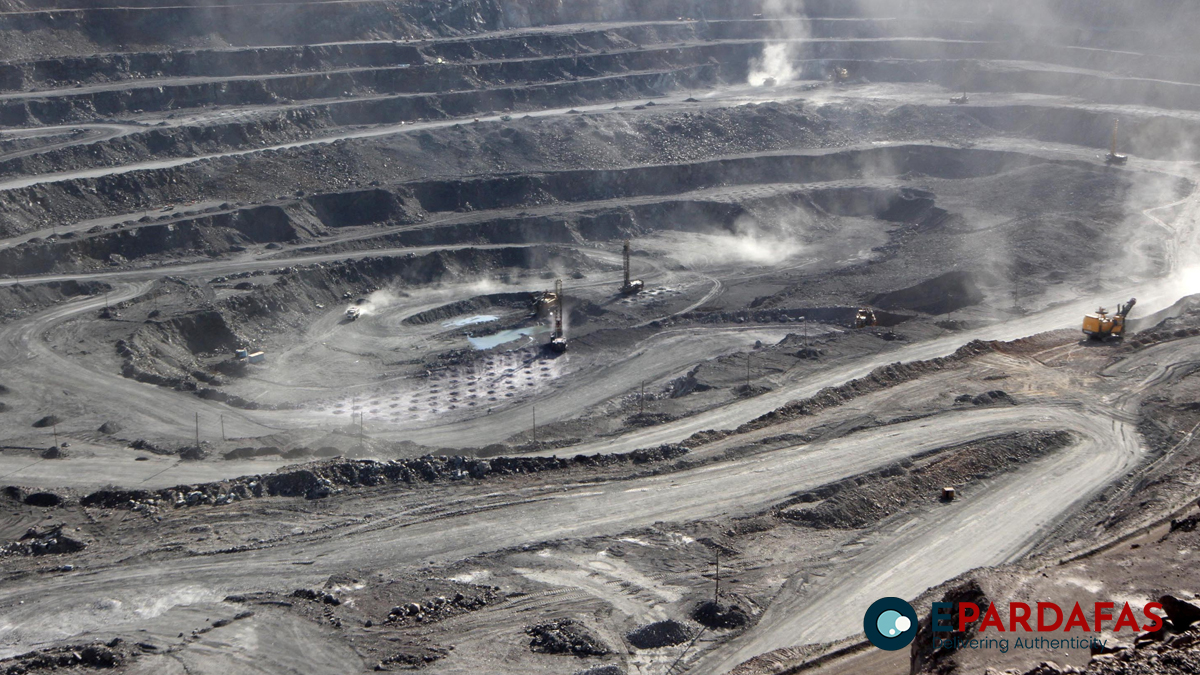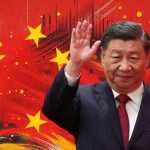
Global Rare-Earth Prices Plummet Due to Overproduction in China

International prices of rare-earth elements have plunged 20% over the past year, driven by overproduction in China that has led to a supply glut. This significant drop comes despite China’s efforts to tighten its grip on the industry with new regulations.
In June, China’s State Council issued regulations to protect supplies of these economically important metals, stating that rare-earth resources belong to the state. These regulations will take effect on October 1. However, despite Beijing’s attempt at tighter controls, the market has continued to struggle.
Neodymium prices were 23% lower on July 11 compared to late July 2023, according to Argus Media, while dysprosium prices were down 24%. A price index published by the Association of China Rare Earth Industry reflects a similar trend, showing a roughly 20% decline over the same period.
Rare-earth elements, often referred to as the “vitamins of industry,” are crucial for enhancing the performance of materials in small amounts. They are mainly used in high-performance magnets for electric-vehicle motors and wind turbines. Neodymium is a key magnetic material, while dysprosium and terbium improve the heat resistance of these magnets. Other applications include optical uses, where cerium serves as a polishing agent for glass in hard disks, and lanthanum is used in optical glasses for cameras and microscopes. Some rare earths are also used in LEDs and similar technologies.
Despite solid demand, prices have fallen due to increased output in China. The Ministry of Industry and Information Technology and the Ministry of Natural Resources have allocated production quotas to domestic producers, with the first-half quotas for 2024 set at 135,000 tonnes, up 12.5% from a year earlier. Quotas have been increasing over the past few years, reaching 255,000 tonnes in 2023, a 21% increase from 2022. Many expect this year’s quotas to exceed those of 2023.
China’s former paramount leader, Deng Xiaoping, once designated rare earths as a strategic resource, famously stating, “The Middle East has oil; China has rare earths.” In 2010, prices spiked after China imposed new export controls. However, the current landscape has shifted.
The United States and other countries have expanded domestic production to reduce dependence on Chinese supplies. China’s share of global rare-earth production has decreased from 80-90% in the early 2010s to about 70% by 2023. Global production reached 350,000 tons in 2023, more than tripling from 2013, indicating that rare earths are less “rare” than they once were.
The market reaction to China’s upcoming controls has been muted. According to Ellie Saklatvala, senior editor for nonferrous metals at Argus Media, the new regulations formalize existing policies and do not impose new restrictions on trade. The market believes that demand for rare earths will remain weak, keeping prices low, though further declines are not widely expected.
Cerium and lanthanum are among the most heavily extracted rare earths by volume. An industry expert noted that some mines may not be able to break even at current price levels, potentially leading to a decline in output in China and elsewhere if profitability continues to deteriorate.
The declining profitability is evident in corporate performance. China Northern Rare Earth (Group) High-Tech, a major producer, reported a 94% year-on-year drop in net profit for January-March, amounting to about 52 million yuan ($7.2 million).
While the price slump benefits manufacturers of high-tech products, Japanese companies have faced challenges in procuring rare earths after China temporarily suspended exports following a fishing boat collision in 2010 near the Japan-administered Senkaku Islands, which China claims as the Diaoyu.
The ongoing situation underscores the complexities of the global rare-earth market and the challenges of balancing supply, demand, and strategic interests.












Comments